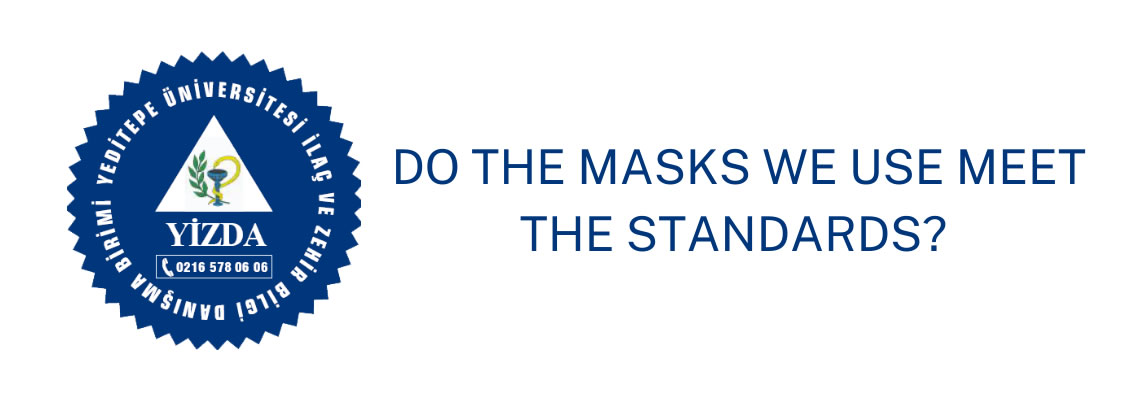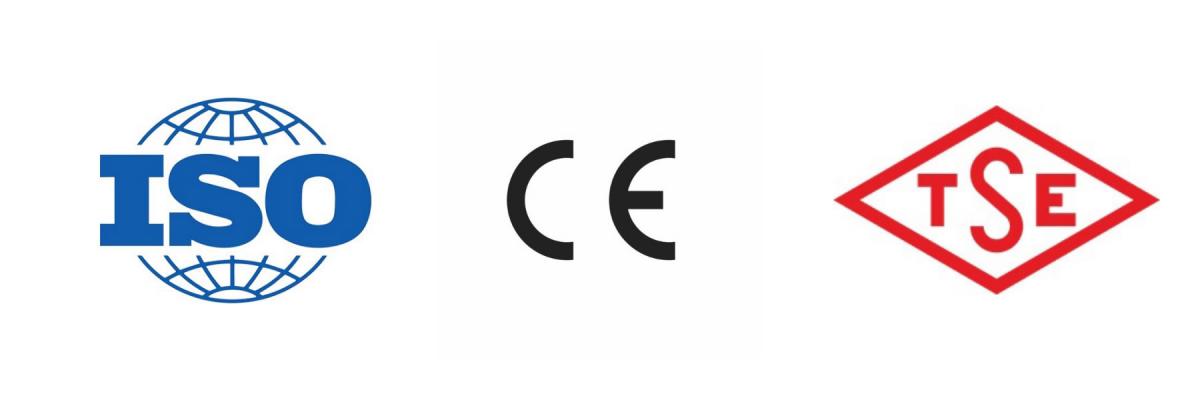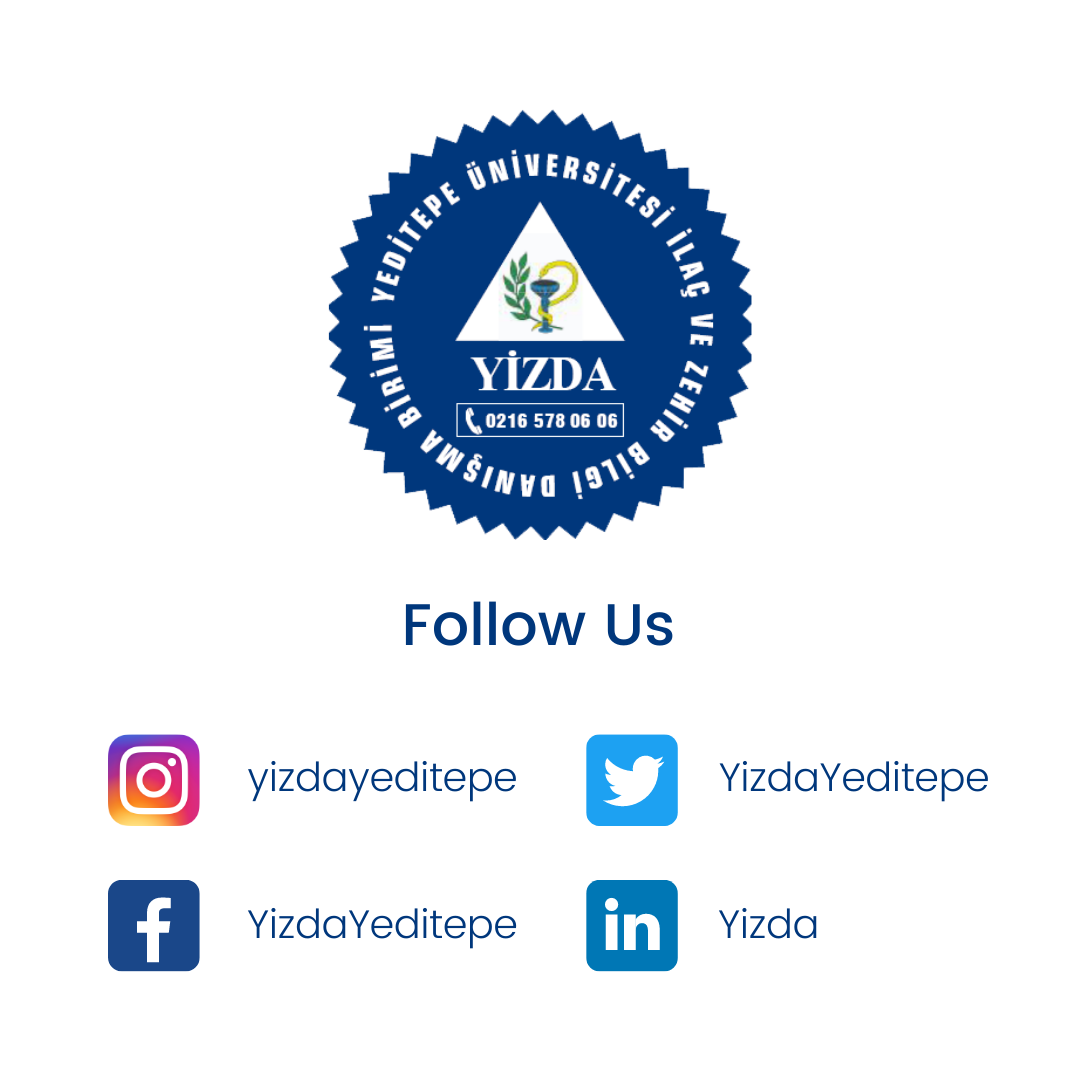
Surgical masks, which are an indispensable part of our daily life due to COVID-19, are considered within medical supplies. Many regulations are available for safe use of medical supplies by international authorities and Türkiye İlaç ve Tıbbi Cihaz Kurumu in Turkey.1 In the production of medical masks in Turkey, a Turkish standard "TS-EN 14683+AC Medical face masks – Requirements and test methods" is used, which is published by the Turkish Standards Institution (TSE). This standard specifies that the ISO 10993 series of standards must be followed for biocompatibility.3 In accordance with ISO 10993 standards, the tests required for the approval of medical supplies are categorized according to the properties of the material and the contact time with the body.1 According to TS-EN 14683 standard, the manufacturer must document the results of these tests, and the products must be available when requested.2

In ISO 10993-1 standard, medical masks are defined and classified as surface devices with limited contact2 In addition to the filtration properties of the medical masks, compatibility with the skin is also essential. The mask used should not cause irritation or allergic reactions when it contacts with the skin. Therefore, in the standard, it is recommended to evaluate the cytotoxicity (harmful effects on living cells), sensitization (sensitivity) and irritation capacities of surface materials that contact with the skin. To prevent the adverse effects seen with medical mask usage and to protect public health, regular inspection of available products on the market with biocompatibility tests is of great importance, and necessary precautions should be taken against the possible adverse effects that users may encounter.1
The increasing need for medical masks due to ongoing pandemic has brought along an increase in the number of manufacturers. However, the main important point is that the manufactured masks are produced in accordance with TSE, ISO and CE standards. All surgical masks and other medical supplies sold in Turkey must be registered in the Product Tracking System (ÜTS). Through the "ÜTS Mobil" application, citizens can inquire about medical supplies, cosmetic products and biocidal products such as disinfectants and report over the system when an undesirable effect is encountered due to the use of the products.3

Additionally, within T.C. Yeditepe University Faculty of Pharmacy Pharmaceutical, Cosmetic and Medical Device R&D Laboratory (YUFP- DCOMED), contribution is made to the production of safe products by testing the compliance of medical devices with standards.
https://eczacilik.yeditepe.edu.tr/en/yeditepe-university-faculty-pharmac...
For more detailed information on the subject, you can find Yeditepe University Vice-Rector and Faculty of Pharmacy, Head of the Department of Pharmaceutical Toxicology Prof. Dr. Ahmet Aydın's explanations about standardization in medical masks and disinfectants featured on Hürriyet newspaper from the link below.
https://www.hurriyet.com.tr/kelebek/hurriyet-pazar/merdivenalti-uretim-m...
References
- Sipahi, H., Bayram, F. E. O., Palabiyik, S. S., Bayram, D., Aydin, A. (2018). Investigation of the biocompatibility of Surgical Masks. Pteridines, 29(1), 80-86.
- Türk Standartları Enstitüsü. 2019. Tıbbi yüz maskeleri- Gereklilikler ve deney yöntemleri (TS EN 14683+AC). Necatibey Caddesi No.112 Bakanlıklar/ANKARA: Türk Standardları Enstitüsü
- Ürün Takip Sistemi . “Vatandaş Odaklı Hizmetler”. https://uts.saglik.gov.tr/?page_id=89 . Son Erişim Tarihi: 24 Kasım 2020
(You can reach all of the articles published by Yeditepe University Pharmaceutical and Poison Advisory Unit by clicking the PEPIRC / YIZDA section under the "Research" title found on the navigation bar.)

